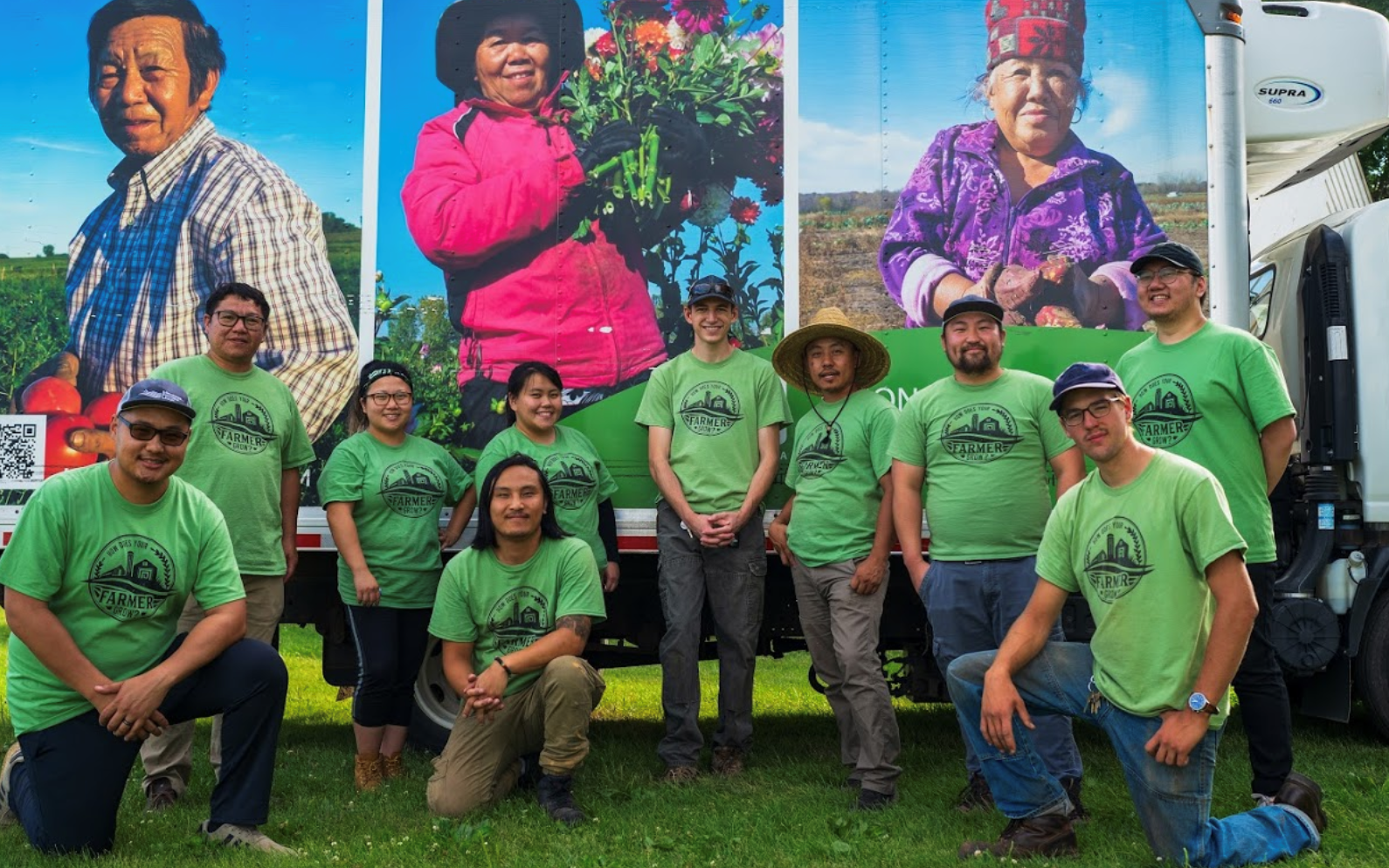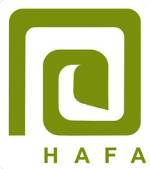Initiative in St. Paul provides in-home daycare with fresh food grown by Hmong farmers
April 28, 2023Building on a long-standing partnership and shared vision of an equitable food system, the Hmong American Farmers Association (HAFA) and the Institute for Agriculture and Trade Policy (IATP) launched a new Farm to Early Care initiative on the east side of St. Paul in 2020.
Farm to Early Care is dedicated to the incorporation of three main components in early childhood settings:
- Food and agriculture education: exploring and talking about food and farming

- Local purchasing: buying locally grown products
- Gardening: growing food
With support from the Center for Prevention at Blue Cross and Blue Shield of Minnesota, this groundbreaking initiative provides in-home childcare providers with a weekly Community Supported Agriculture (CSA) box filled with culturally relevant vegetables and fruits all grown by Hmong farmers.
The Farm to Early Care initiative also teaches children where their food comes from, provides educational activities related to healthy eating, and supports in-home childcare providers to enroll in the Child and Adult Care Food Program (CACFP) – a federal program that provides reimbursements for nutritious meals and snacks to participating child care centers, day care homes, and adult day care centers.
Early childcare settings have the potential to make a lasting impact on the diets of young children and encourage healthy eating habits, as children often consume up to two-thirds of their daily nutritional requirements while in early care.
However, not all childcare settings have access to the same opportunities, and one-size-fits-all resources do not work for all providers. Most Farm to Early Care programs focus on larger childcare centers, and frequently overlook the needs of in-home providers. Additionally, there is a growing need for culturally relevant resources, curriculum, and foods for in-home childcare providers.

The Importance of Farm to In-Home Early Care
HAFA and IATP began their initiative in response to the growing need for more resources for providers who offer daycare services from home.
A 2020 report from The Center for Law and Social Policy found that women from underserved communities who run in-home daycare are often solely responsible for all meal preparation, cleaning, business management, and communication with families.

“As a typically lower cost option than center-based care, in-home early care often serves families facing additional barriers to accessing fresh healthy foods,” said Erin McKee Van Slooten, community food systems program director at IATP.
“We recognize the importance of having bicultural/bilingual Farm to Early Care materials to engage children in learning diverse cultural food traditions and foodways that connect them to their community and identity.”
Children who participate in Farm to Early Care initiatives encounter a wide variety of fresh and locally grown foods, show increased willingness to try new foods, and eat more servings of fruits and vegetables compared to children who do not participate in such programs.
Culture is Medicine
What sets this Farm to Early Care effort apart is that it centers Hmong culture as a source of strength and health. All the produce delivered to in-home childcare providers is grown by Hmong farmers, and features culturally relevant foods so that providers can serve traditional Hmong dishes to the children in their care.
 “We envision a future where food is produced and distributed in a manner that builds equity and justice,” said Janssen Hang, executive director and co-founder of HAFA. “Our Farm to Early Care model leverages relationships between partner organization, families, and daycare providers to reach our shared goals of increasing famers income and healthier food options for our children.”
“We envision a future where food is produced and distributed in a manner that builds equity and justice,” said Janssen Hang, executive director and co-founder of HAFA. “Our Farm to Early Care model leverages relationships between partner organization, families, and daycare providers to reach our shared goals of increasing famers income and healthier food options for our children.”
Providing culturally relevant foods in Farm to Early Care is an important component of fostering a healthy sense of self, uplifting cultural values and knowledge, and encouraging healthy eating. HAFA and IATP recently released a new video that highlights their ground-breaking work to support Hmong children, childcare providers, and farmers. The video is available in both English and Hmong. They also plan to formally publish a bicultural/bilingual curriculum, menu, recipe and logistical resources to support others in replicating their model.



